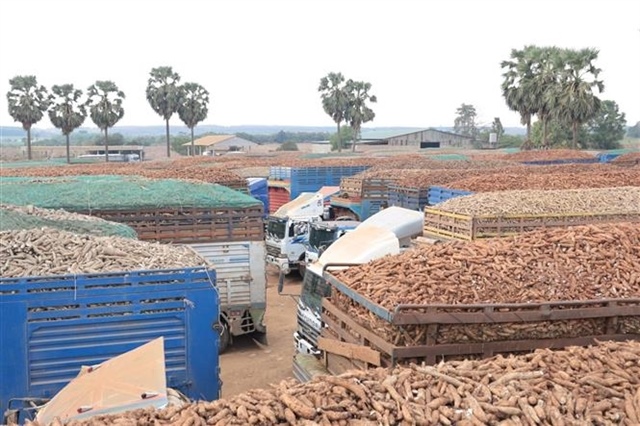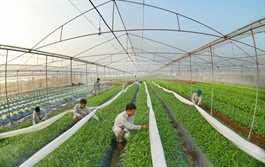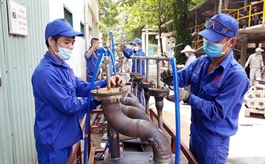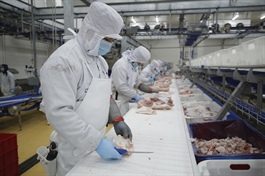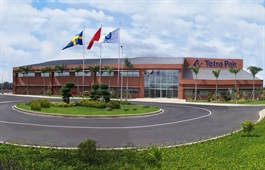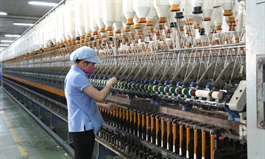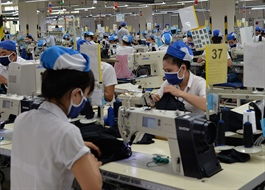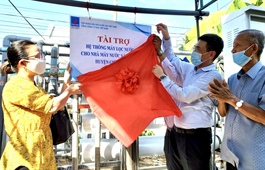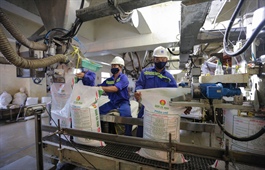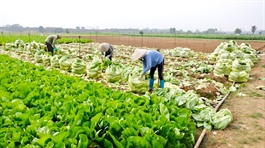Japanese retailer’s struggles with Covid restrictions
Japanese retailer’s struggles with Covid restrictions
Japanese retailer Sakuko is struggling with logistics issues and mobility restrictions in Vietnam caused by the Covid-19 pandemic.
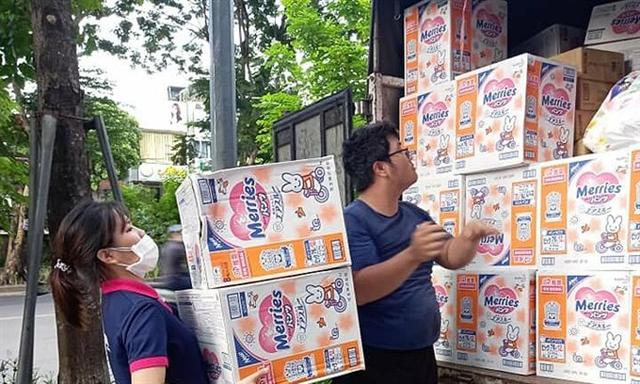
Sakuko staff unload goods from a truck at a supermarket. Photo courtesy of Sakuko
|
In the past Sakuko, which has been selling household items and baby products for 10 years in Vietnam, used to receive its containers of goods from Japan in just one or two weeks.
But now it takes one or two months.
The rising demand for transportation as the global economy recovers from the pandemic has caused a shortage of containers, and the resurgence of Covid in some countries has led to congestion at ports.
"We have to keep booking and rebooking until we find a ship that has slots," a Sakuko spokesperson said.
"Transportation takes a long time due to a shortage of ships."
Besides, shipping costs have risen by 60-100 percent from pre-pandemic levels.
When its containers do arrive, the company faces more transport restrictions.
The port city of Hai Phong has been keeping out people coming from Hanoi due to fear of contagion, and so there has been a shortage of truck drivers.
"It takes several weeks to transport the containers to Hanoi," the spokesperson said.
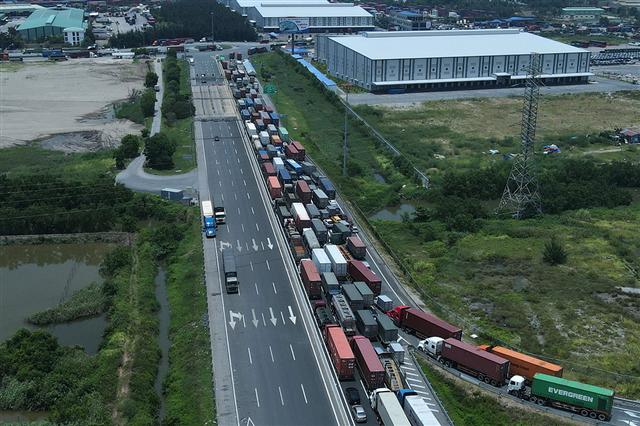
Traffic congestion is seen at Hai Phong as the city tightens Covid-19 safety measures in early July, 2021. Photo by VnExpress/Giang Chinh
|
Some of its employees have been fined when delivering diapers and tampons, considered "not essential" by officials.
Sakuko’s problems are indicative of the supply chain disruption caused by transport restrictions that companies face amid the fourth Covid-19 wave.
Delays in deliveryare now at a 10-year high, according to a survey by IHS Markit of 400 manufacturing companies.
Nguyen Duy Manh, general secretary of the Vietnam Logistics Association, said transportation companies face challenges since their drivers have to regularly test negative for Covid, their trucks must have QR codes and their goods must be designated "essential."
But it is municipal officials vary on the definition ofwhat "essential" is, he added.
For now Sakuko has to do everything it can to survive. It has been splitting a container into three or four trucks to make delivery easier though it increases costs.






